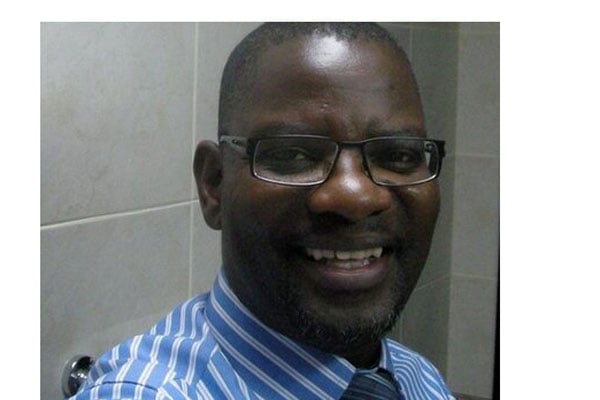Prime
Illegal detention and torture won’t be tolerated, says Museveni

President Museveni during a meeting with Human Rights Watch team led by the executive director Kenneth Roth in Ntungamo District on June 29, 2022. PHOTO/ PPU
What you need to know:
- Mr Museveni’s meeting with Human Rights Watch officials comes just days after 2021 rights report compiled by Uganda Human Rights Commission (UHRC) and released on June 13, 2022 painted a grim picture of torture in the country.
- For example, vans with tinted windows without number plates were a common sight across the country, arresting Ugandans at will during and after 2021 general election. The report said in 2021, the media was awash with reports of missing persons in Uganda who were allegedly picked from their respective homes, workplaces and streets by persons believed to be security operatives.
President Museveni has reiterated that cases of illegal detention, torture and human rights violations will not be tolerated in Uganda amid growing concerns of enforced disappearances, detention without trial and gross human rights violations by security forces.
“Cases of illegal detention, torture and human rights violations will not be tolerated. Torture is not only wrong but unnecessary,” Mr Museveni tweeted Thursday hours after meeting the Executive Director, Human Rights Watch, Mr Kenneth Roth, and his team in Ntungamo on Wednesday.
Mr Museveni whose government has severally been accused of gross human rights abuses by Opposition politicians and human rights organisations- both local and international, especially following the 2021 general election, said Mr Roth and his team shared with him a report which contains among other things; information on alleged torture and human rights violations.
“We shall verify the findings of this report and act accordingly,” added Mr Museveni who has been in power since 1986 when he shot his way to State House through guerrilla warfare.
Reacting to Mr Museveni’s statement, Mr Roth tweeted and said the test is whether the offenders [of human rights] will be prosecuted, arguing that impunity suggests approval.
“Glad to hear President Museveni vow that “illegal detention, torture and human rights violations will not be tolerated. Torture is not only wrong but unnecessary. We shall verify…and act accordingly.” Now the test is whether offenders are prosecuted. Impunity suggests approval,” he tweeted.
Mr Museveni’s meeting with Human Rights Watch officials comes just days after 2021 rights report compiled by Uganda Human Rights Commission (UHRC) and released on June 13, 2022 painted a grim picture of torture in the country.
For example, vans with tinted windows without number plates were a common sight across the country, arresting Ugandans at will during and after 2021 general election. The report said in 2021, the media was awash with reports of missing persons in Uganda who were allegedly picked from their respective homes, workplaces and streets by persons believed to be security operatives.
During the same year under review, the Opposition National Unity Platform (NUP) party published 334 names it claimed were missing persons.
President Museveni on February 13, 2021, said security agencies arrested suspected criminals to avert terrorism and lawlessness in the country. He said the Special Forces Command had arrested 76 people in Kampala, while the Chieftaincy of Military Intelligence had arrested 242 suspects.
He also stated that out of 242 suspects arrested by CMI, 177 had been granted bail or released, and 65 were still under investigation.
But in their report, the Uganda Human Rights Commission claimed to have received 69 complaints in 2021.
Breaking down the figures, the report revealed that the majority of the complaints totaling 51 came from the central region while 18 complaints came from Kyotera District.
Further breakdown showed that Mukono District had 20 cases, Kampala had 11, Wakiso 6, Mpigi 8, and Mityana 6.
The report said of the 69 victims of enforced disappearances, the Commission received and conducted investigations that resulted in 64 being released while five (three male and two female) were alleged to be missing by the time the report was compiled.
While presenting the report recently at Parliament, Ms Mariam Wangadya, the commission chairperson, told the Deputy Speaker, Mr Thomas Tayebwa, that they received a total of 3,624 complaints throughout the year, up by more than 400 they received in 2020.




